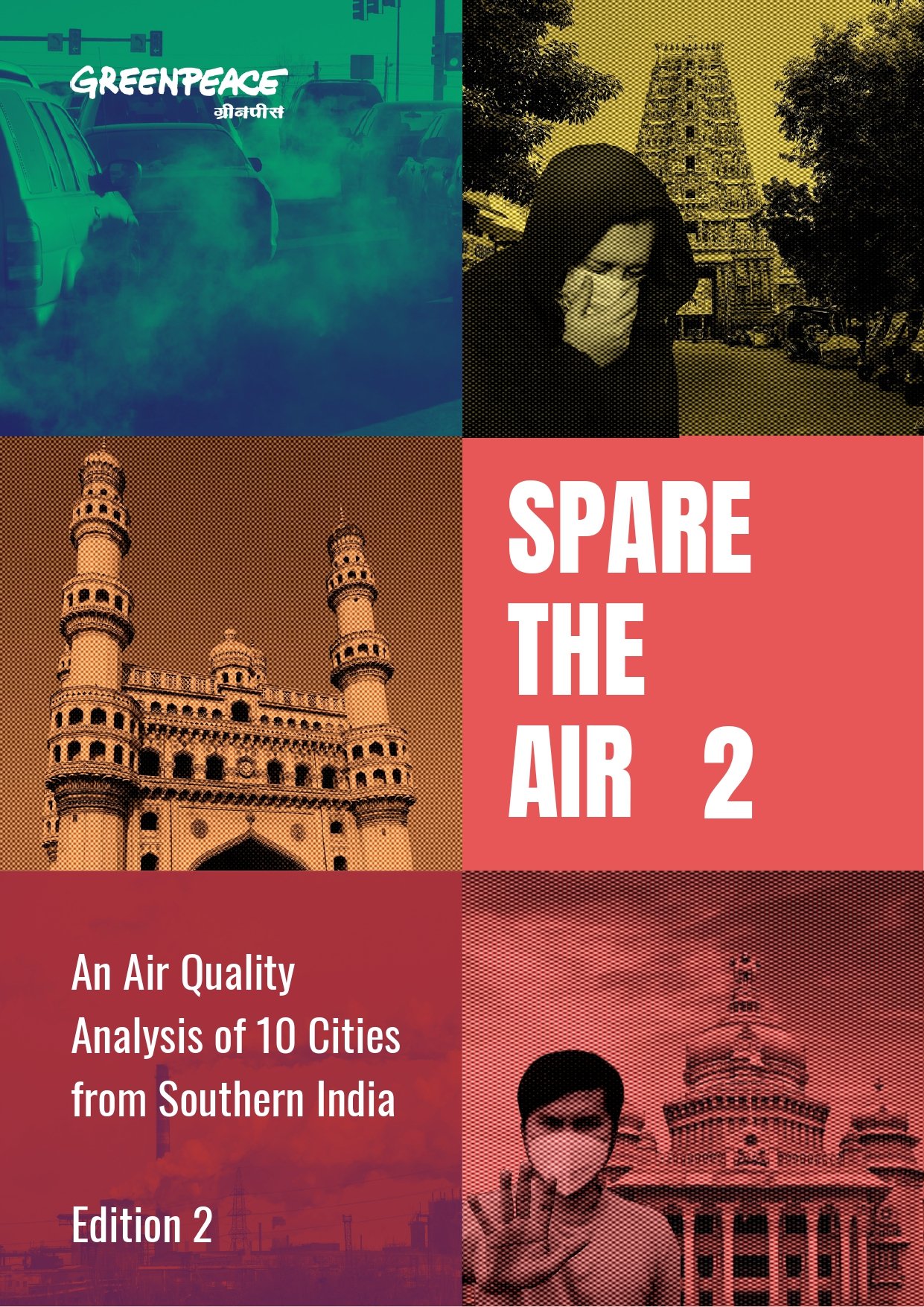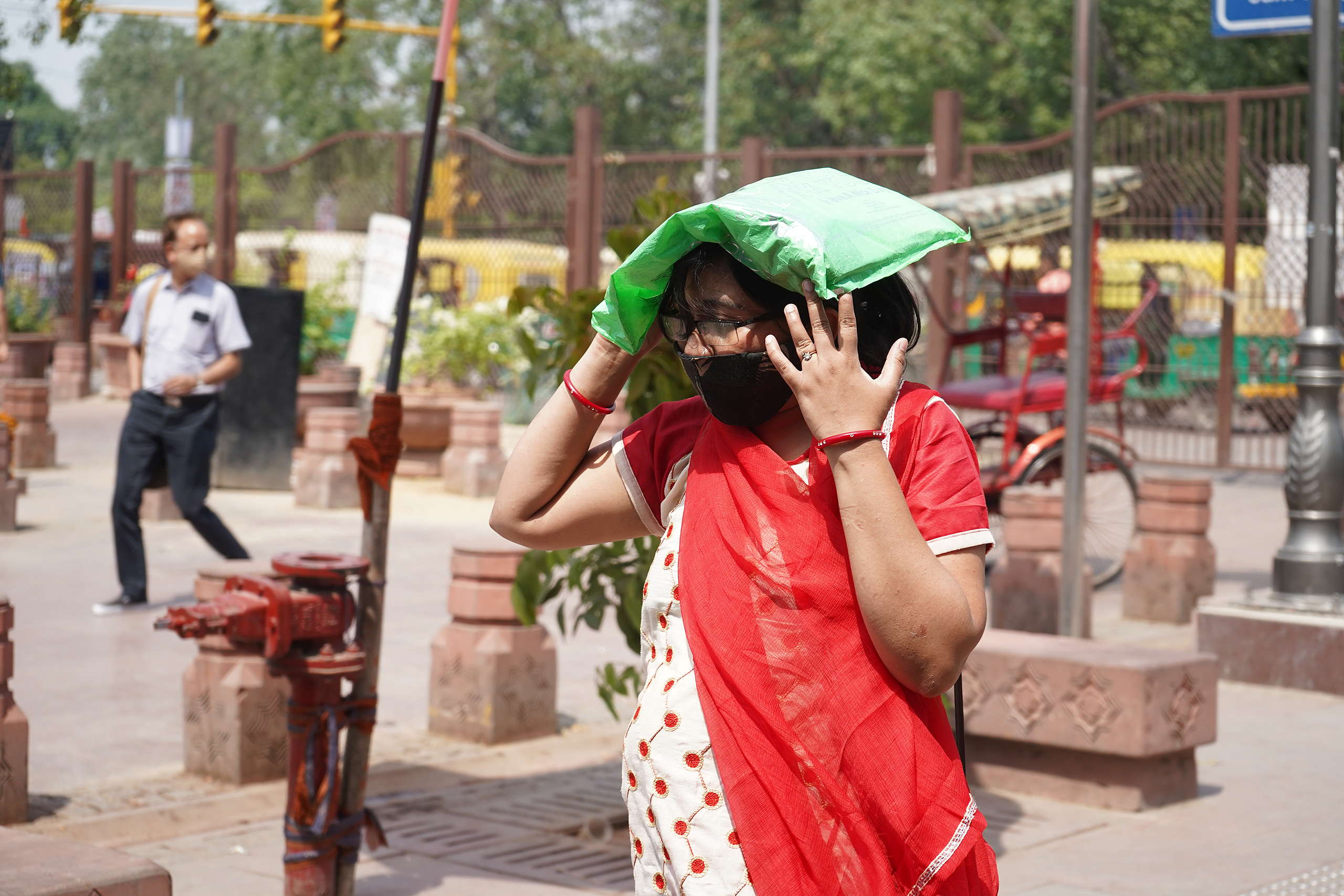(Indian cities have shown an overall improvement of 63% over 2019 average)
New Delhi, March 16: The annual data compiled by IQAir in the form of the ‘World Air Quality Report, 2020’ shows Delhi’s air quality improved by approximately 15% from 2019 to 2020. Despite the improvement, Delhi ranked as the 10th most polluted city and the top polluted capital city in the world. In 2020,all Indian cities monitored observed air quality improvements compared to 2018, while 63% saw improvements compared with 2019. However, India continues to feature prominently at the top of the most polluted cities ranking, with 22 of the top 30 most polluted cities globally.
However, the improvement seems to be encouraging from the data point of view but it’s health and economic cost remains to be severe. The report also reveals the impact of COVID-19 lockdowns and behavioural changes on global particulate pollution (PM2.5) levels.
Major sources of India’s air pollution include transportation, biomass burning for cooking, electricity generation, industry, construction, waste burning, and episodic agricultural burning. The transportation sector is one of the major contributors to India’s leading PM2.5 emission sources across cities.
Contextualising the global IQAir report in the Indian context, Avinash Chanchal, Climate Campaigner at Greenpeace India said, “While many cities including Delhi have recorded marginal improvements in air quality due to lockdowns, the health and economic cost of air pollution remains severe. It is pertinent that governments prioritize sustainable and clean energy sources, as well as the cities, need to encourage low cost, active and carbon-neutral mobility choices such as walking, cycling, and accessible public transport.”
“Speeding up the transition to clean energy and clean transport not only saves lives but also dramatically reduces healthcare-related costs,” added Chanchal.
“The year 2020 brought an unexpected dip in air pollution. In 2021, we will likely see an increase in air pollution due to human activity, again. We hope this report will highlight that urgent action is both possible and necessary to combat air pollution, which remains the world’s greatest environmental health threat,” said CEO of IQAir Frank Hammes.
About the World Air Quality Report
The 2020 World Air Quality Report is based on PM2.5 data from 106 countries, that has been measured by ground-based monitoring stations. Of the data sources included in this report, 66.6% of stations were operated by governmental agencies, while the remainder represents monitoring stations managed by local residents, non-profit organizations and companies.
For any further queries:
Rohin Kumar
+91-9013971997
[email protected]
Avinash Kumar
+91-8882153664
[email protected]
Nischita.Verrendra
+91-9845828096
[email protected]


